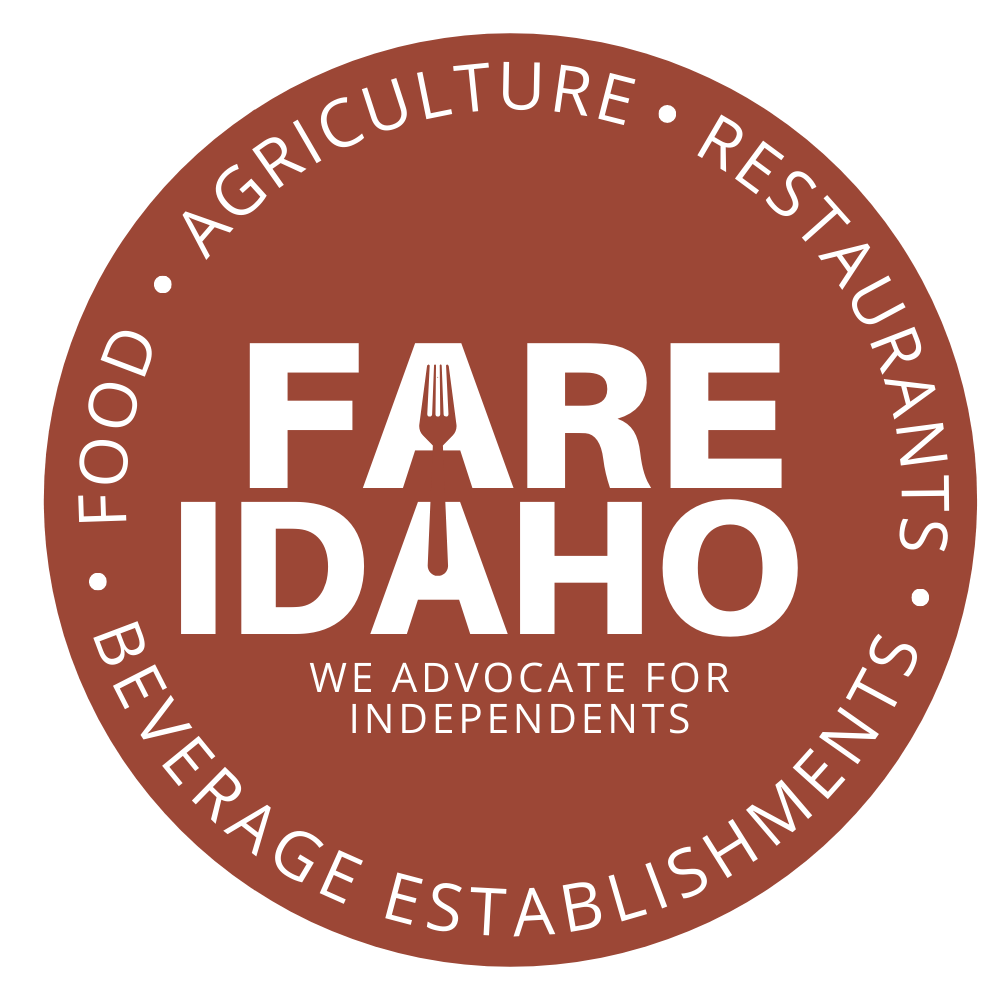Meet Boise’s Food Waste Warriors
Photo courtesy of Mari Isaac
At Rolling Tomato, volunteers feed the hungry while saving the planet
Story by Lex Nelson
Photo courtesy of Mari Isaac
On a crisp spring day in March 2020, Julie D’Agostino walked into the empty dining room of Bardenay Restaurant & Distillery in downtown Boise. The eatery had just shuttered under Idaho’s statewide COVID-19 lockdown — and D’Agostino was one of the staff’s first calls.
“They said, ‘We have a lot of food,’ and I said, ‘Great!’” she remembered. “I expected to take stuff from the fridge — things that wouldn’t keep. But they said, ‘No, we want to clear out our cellar and everything. We’re not sure how long we’ll be closed.’ That was probably around 600 pounds of food. … I think it took me four carloads in two days.”
Fortunately for Bardenay, D’Agostino is used to driving a food-filled SUV across Boise. In 2016 she founded the nonprofit Rolling Tomato, which recovers edible but unsold food from farmers, coffee shops, and restaurants, then redistributes it to people in need. D’Agostino’s team sources food for more than 25 organizations, including the Corpus Christi House, Whittier Community Center, and Valor Pointe housing for veterans.
On that March day at Bardenay, D’Agostino loaded her vehicle with armloads of high-quality meat, fresh vegetables, spices, marinades, and sauces. It was a clear sign of things to come. Over the pandemic year, Rolling Tomato swooped in to rescue and redistribute more than 17,000 pounds of food. Ohana No-Till Farm and Whiskey Bottom Farm donated fresh vegetables, and Starbucks pitched in unsold pastries, breakfast sandwiches, and other treats.
“That’s more than double the amount we saved in 2019,” D’Agostino said.
Photos courtesy of Mari Isaac
The donations kept coming. In January 2021, Reel Foods Fish Market donated more than $10,000 worth of salmon, octopus, and other exotic fish. The pile in their freezer was “at least six feet tall,” and D’Agostino spent months distributing it. Amazed by a gift of high-quality filets, one residential home worker told her, “We were going to buy fish sticks!”
Photo courtesy of Mari Isaac
Rolling Tomato is “99% volunteer based.” Food pickups and dropoffs are performed by a team of 12-15 locals who worked through the pandemic, criss-crossing the city on their lunch breaks to keep fresh food out of the landfill and CO2 out of the atmosphere.
“Everyone stayed on board and we even had new volunteers coming out of the woodwork! ... It was really heartwarming to see these people, instead of staying home, saying, ‘Let me have a really positive effect in my community,’” D’Agostino said.
During the pandemic, those volunteers — including teachers, retirees, and parents with their preschoolers — have kept homeless Boiseans fed, Boys & Girls Club pop-up pantries stocked, and school meal programs fulfilled. They manage an average of 10-12 pickups per week. Even wilted vegetables find a home at local wildlife rescues.
Rolling Tomato has recovered more than nine tons of edible food to date. On Oct. 6, 2021, the EPA recognized their hard work when it named Rolling Tomato one of seven recipients of a $335,000 grant for “local pollution prevention and sustainability projects aimed at making communities safer, healthier and more resilient.”
Clearly, the connections D’Agostino and her team forged during the dark days of 2020 will bridge to brighter years ahead.






